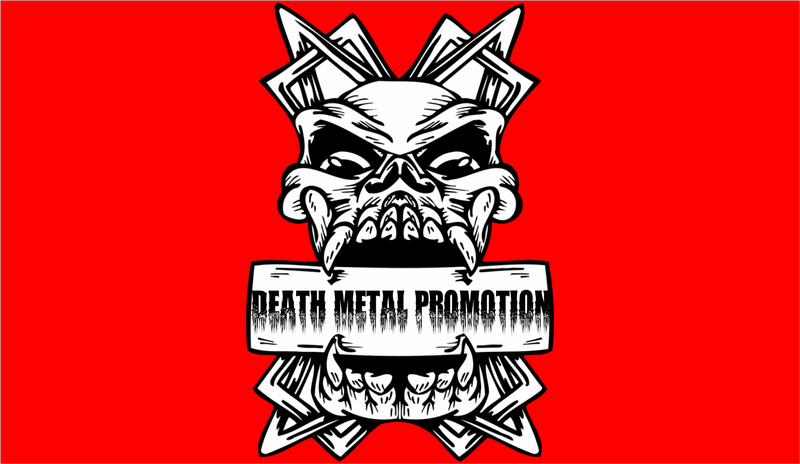| Score 85% | |
|
Summary
Another year, another concept album. |
%
|
|---|---|
| : 5 (1 votes) | |
 By the time Virgin Steele started to release concept albums it would only be a matter of time before the band would start to take these things more seriously. Invictus was the first album that saw an increase in interludes, but The House of Atreus – Act I is arguably the first record that presents itself as an actual concept album. While this would mean trouble for most bands, Virgin Steele pull off with no issues as they avoid the trap most bands fall into. Forget unnecessary recycled melodies (although you can definitely find some referential interludes and tracks here and there) and not having enough songs to offer. The House of Atreus – Act I might not be flawless, but despite being a risky move, it mostly manages to pay off.
By the time Virgin Steele started to release concept albums it would only be a matter of time before the band would start to take these things more seriously. Invictus was the first album that saw an increase in interludes, but The House of Atreus – Act I is arguably the first record that presents itself as an actual concept album. While this would mean trouble for most bands, Virgin Steele pull off with no issues as they avoid the trap most bands fall into. Forget unnecessary recycled melodies (although you can definitely find some referential interludes and tracks here and there) and not having enough songs to offer. The House of Atreus – Act I might not be flawless, but despite being a risky move, it mostly manages to pay off.
Whereas the previous records of Virgin Steele were still mostly song-oriented, The House of Atreus – Act I feels much more complex than anything the band had demonstrated before and how could it not? With twenty-two tracks to offer, it’s full of moody interludes and versatile compositions; resulting into an emotional rollercoaster, yet the metallic tendencies remain clearly evident. “Kingdom of the Fearless” promises something grand and colossal, yet it doesn’t take long before Edward Pursino’s ripping guitars come crashing through the gates with a vengeance – so forget your silly introduction themes and whatnot – this is how you start a concept album! It’s a superb introduction and I enjoy so much that even the use of swords (the nerds!) is something I can forgive the band for. “Child of Desolation” easily surpasses the band’s earlier ballads in terms of emotional weight; by the time David DeFeis cries out to the gods, its divine, yet melancholic taste really comes to life. It’s one of those excellent tracks that I wouldn’t mind hearing on Invictus, but just wouldn’t fit the context as much. Speaking of context, “The Fire God” originally appeared a Piledriver album, yet appears in a re-written manner near the end of the album once again and it doesn’t sound out of place at all. The bursting riffs, merciless vocals and ripping solos really surpass the original in terms of heaviness and… well, fire – it’s such a testament to the band’s songwriting skills. The only track I could have done without is “Flames of the Black Star”; its riffs are far less impressive and the vocals become a tad more restrained than usual here.
Besides the actual songs, a huge amount of interludes are present here. Normally I’m not a huge fan of these, yet most of them fit well in between the actual compositions. “In Triumph or Tragedy” harkens back to the triumphant majesty of “Sword of the Gods”, that will soon unfold itself again on “Agony and Shame”, whereas “G Minor Invention” recalls the same dramatic motives of “Emalaith”. That said I do think some interludes aren’t contributing much to the flow of The House of Atreus – Act I. “Blaze of Victory” is the worst offender here; to stumble upon a four-minute interlude early on isn’t exactly an advantage. “Iphigenia in Hades” and “Garden of Lamentation” could have turned into excellent ballads I believe, but otherwise feel like excellent sub-events the story has to offer. On comical note I can’t help but think that “Narcissus” and “Day of Wrath” recall some Final Fantasy soundtracks – perhaps David DeFeis was as much inspired by those as he was by Greek literature?
Performance-wise I’d take The House of Atreus – Act I over Invictus, but not over The Marriage of Heaven and Hell series. David DeFeis continues to rely on several of his famous tricks with decent (and slightly amusing) effects. Edward Pursino’s guitar tricks often blend together with the ideas of David DeFeis, yet it’s still obvious the man had an important role here. Tracks like “Through the Ring of Fire” and “Return of the King” both retain a sense of metallic fury to them, yet have their unique twists and turns due to the grand vision David DeFeis possessed at this point. Lastly I feel rather neutral about the drum performance; on one hand it doesn’t stand out as much as it did on The Marriage of Heaven and Hell series, on the other hand I find it more suitable than the performance on Invictus.
The House of Atreus – Act I might not be the best gateway record as far as Virgin Steele is concerned, yet it remains one of their finest records. Complex, daring and emotionally evoking it’s certainly worth tracing down.
Release: November 16th, 1999
If you really would like to support Antichrist, you can just Share our article.
You can also support Antichrist by sending a couple bucks to cover some webhosting expenses. =>> PayPal



